By: Tubagus Wahyudi | FSPKEP Indonesia Media Team
Jakarta, fspkep.id – As the skies over the Middle East are once again engulfed in the flames of war, the world trembles in its wake. The missiles and retaliatory attacks exchanged between Iran and Israel may be happening thousands of kilometers away from Indonesia, but the impact is no less devastating not in the form of bombs, but through an energy crisis, volatile prices, and the looming threat of mass unemployment facing Indonesian workers.
This war serves as a bitter reminder that globalization has bound us all to the same fate: a conflict in one corner of the globe can plunge workers in another into deep uncertainty.
Energy Prices Surge, Industry Suffocates
The most immediate impact of the Iran–Israel war is the skyrocketing global prices of oil and gas. The Strait of Hormuz a critical passageway for 30% of the world’s oil has become a hotspot. Iran’s threats to block the strait triggered panic in global markets. Brent crude prices spiked to USD 95 per barrel in May 2025 the highest since 2023.
In Indonesia, the ripple effect hit the industrial sector hard. Industrial gas prices soared to USD 16.77 per MMBTU, far exceeding the government-set special rate for selected industries of just USD 6. In Banten, gas supplies could only meet 54–70% of industrial demand, forcing companies to pay more or seek alternative (and more expensive) sources.
The result? Production slows. Operational costs explode. And when those burdens can no longer be absorbed, the first to be sacrificed are the workers.
Mass Layoffs Strike, Thousands of Workers Expelled from Factories
According to the Ministry of Manpower, 73,992 workers were laid off between January and March 2025. Of these, 40,683 had already withdrawn their old-age security savings (JHT) in order to survive. This figure is expected to rise in the second quarter as more companies announce efficiency measures due to global economic uncertainty.
A glaring example is the collapse of PT Sritex, one of Southeast Asia’s largest textile producers, which laid off more than 12,000 workers a grim sign of the crisis to come. In West Java and Banten, workers in garment, footwear, automotive, and petrochemical factories have begun to feel the brunt of downsizing. Some are shifted to short-term contracts; others are furloughed indefinitely.
Young workers from vocational school graduates to university degree holders are being forced back to their villages, trying to sell goods online, work as ride-hailing drivers, or remain unemployed due to the shrinking formal job market. The Ministry of Manpower itself reports a 27% increase in the formal employment deficit since late 2024.
Stagnant Wages, Soaring Prices: Purchasing Power in Free Fall
For those who still have jobs, another blow awaits: declining purchasing power. Despite a 6.5% increase in the provincial minimum wage (UMP) in 2025, it is far from enough to offset the rising cost of food and energy.
Fuel price hikes particularly unsubsidized fuel driven by global oil pressures have cascaded across supply chains. Basic necessities have surged. Eggs, rice, cooking oil, and meat have seen average price increases of 10–20% since March 2025.
A Bank Indonesia survey shows that the Consumer Confidence Index (CCI) dropped from 126.4 to 114.2, while the Job Availability Index (IKLK) plummeted from 107.7 to 100.3 in just two months. This sharp decline reflects growing anxiety about the national economy a dangerous signal, especially for the working class.
The Unstoppable March of Industry 4.0: Machines Replace Humans
In an effort to survive rising costs, companies are accelerating digital transformation and automation. Machines are replacing human labor. Flexible work systems and outsourcing are making a strong comeback.
A study by the National Economic Data Center (PDEN) revealed that by 2025, 20–30% of companies in retail, manufacturing, and banking had already reduced their manual workforce and replaced them with automated systems. This trend is especially prevalent in tech startups, e-commerce, and logistics.
Worse yet, the government’s policies have failed to keep pace. Reskilling programs remain limited, reaching only 7.2% of affected workers. The rest are left to languish in uncertainty.
Elitist Policies, Weak Worker Protections
Amid this critical situation, the government appears more concerned with maintaining investor confidence than protecting workers. The Omnibus Law on Job Creation widely criticized as pro-corporate only deepens inequality.
Provisions enabling labor flexibility, reduced severance pay, and expanded outsourcing are now routinely used by employers to facilitate mass layoffs. According to the Institute for Labor Law Studies (LKHK), 62% of layoffs in Q1 2025 occurred without union consultation, and many without fair compensation.
The state seems absent just when workers need it most.
Workers as Victims of Global Conflict
The Iran–Israel war is merely a spark atop a much larger iceberg: the fragility of the global economic structure and Indonesia’s heavy dependence on international markets. When global energy prices spiral out of control, when supply chains are disrupted, and when logistics costs skyrocket, Indonesia lacks the domestic resilience to protect its workforce.
Our workers have become collateral damage in a conflict they neither started nor can influence.
What Must Be Done?
- Strategic Energy Subsidies
The government must directly subsidize labor-intensive industries to prevent mass layoffs. - Strengthen Job Loss Insurance (JKP)
Access to JKP should be expanded and simplified to ensure workers have a safety net after layoffs. - Reform Labor Laws
The Omnibus Law must be revised. The government cannot let the market operate unchecked at the expense of its people. - Massive and Effective Vocational Programs
Significant funding must go toward digital skills training, green industry development, and future-oriented job creation. - Empower Labor Unions
Decision-making must not be one-sided. Social dialogue and the role of unions must be strengthened, not weakened.
Their War, Our Suffering
The Iran–Israel war exposes a harsh truth: in every armed conflict, it is always ordinary people who pay the highest price. For Indonesian workers, that price comes in the form of lost jobs, deepening poverty, and shattered dreams.
Unless the government acts swiftly and decisively in favor of its people, this crisis will not only trigger waves of layoffs but also waves of social distrust that could erupt at any moment.


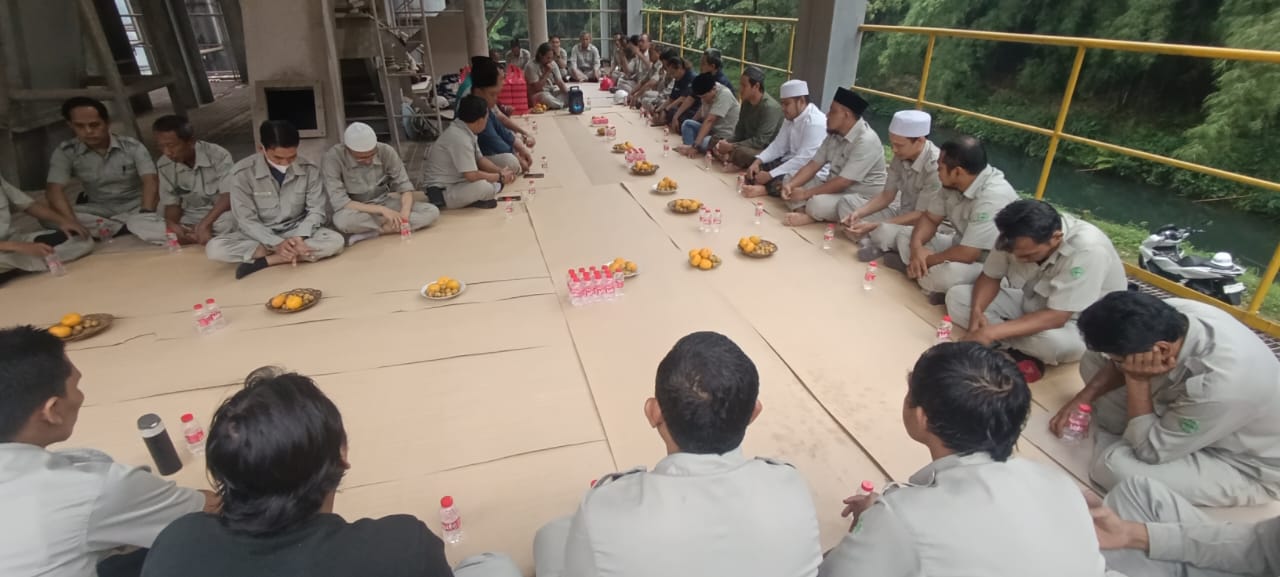
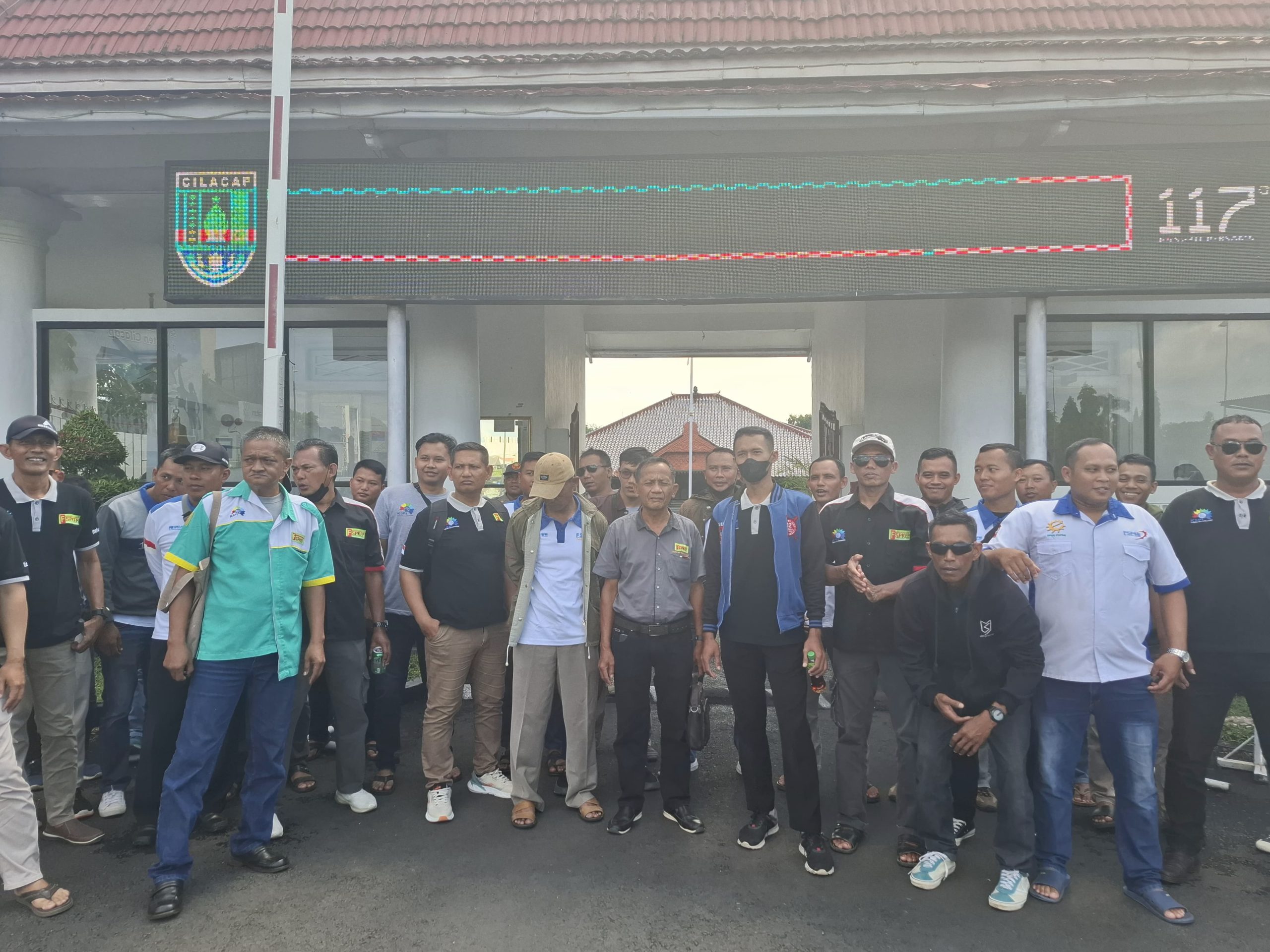
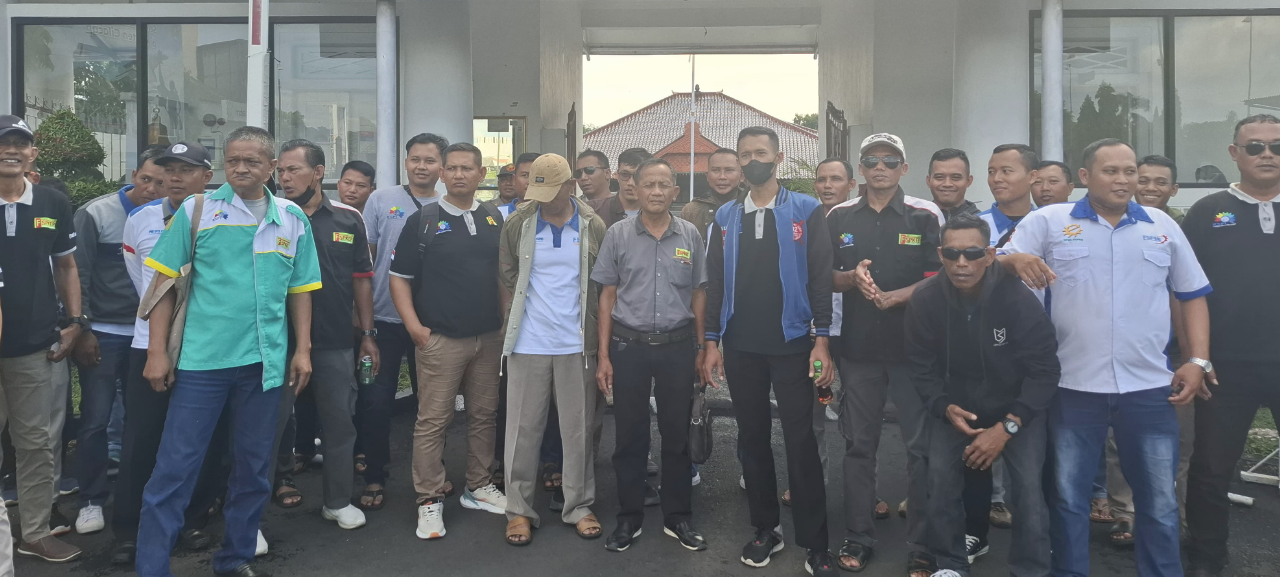

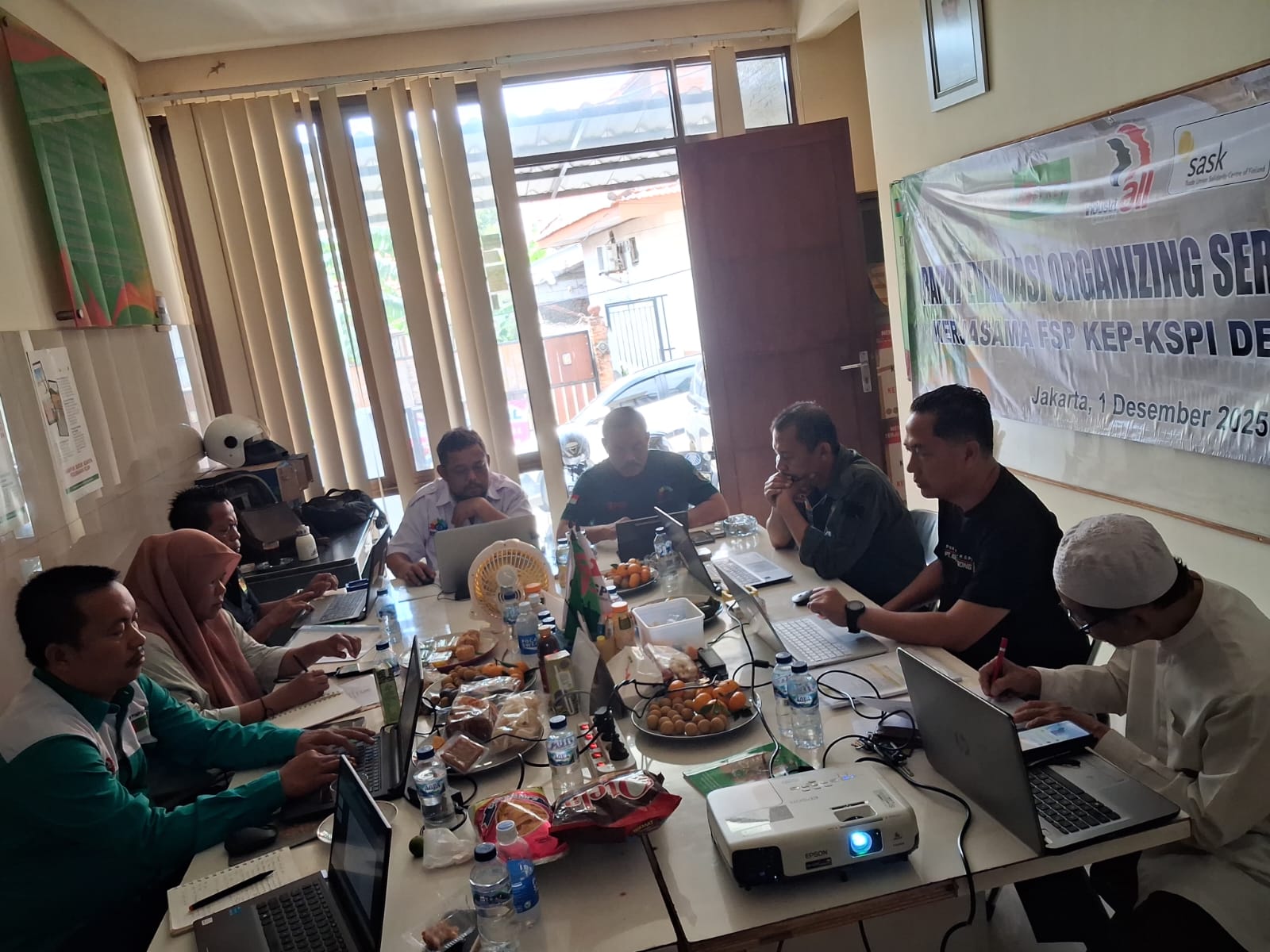
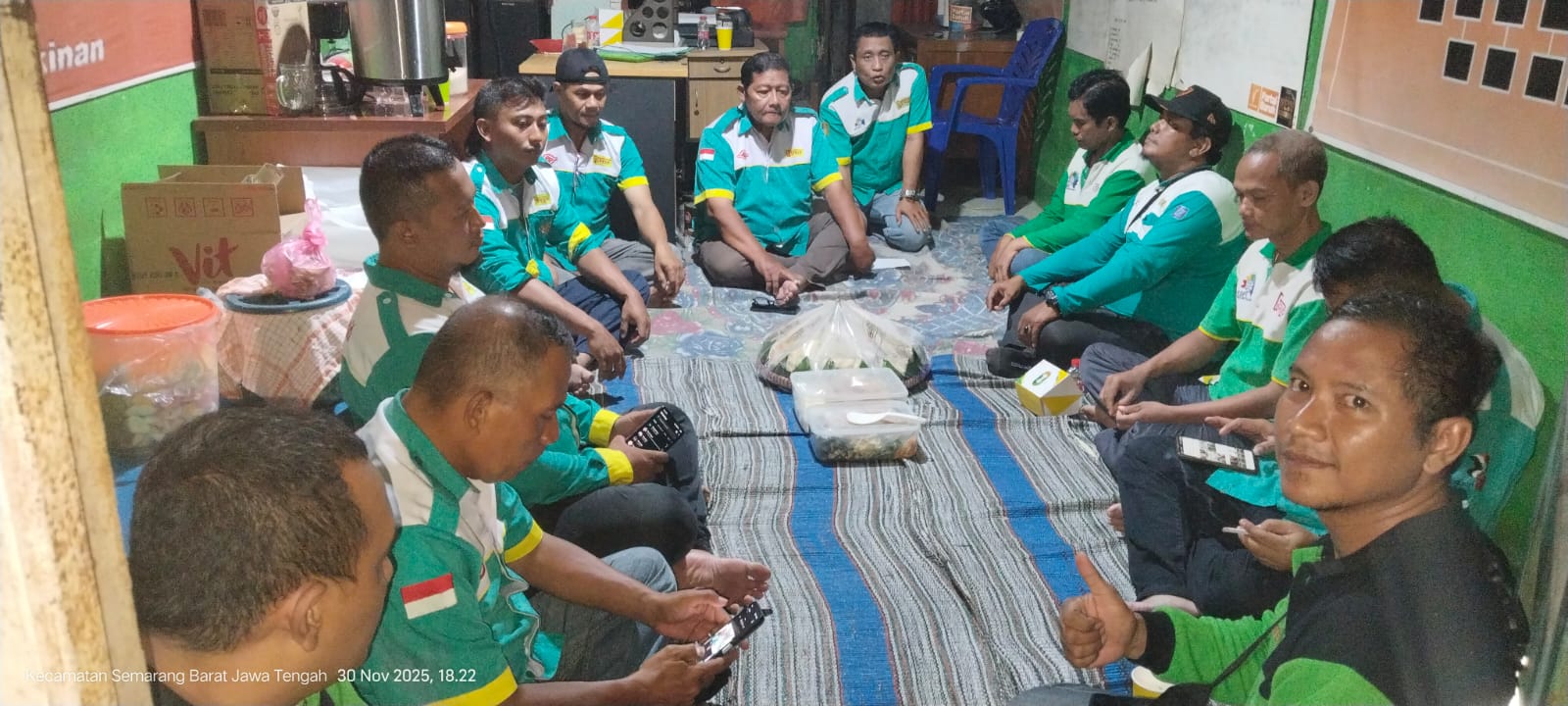
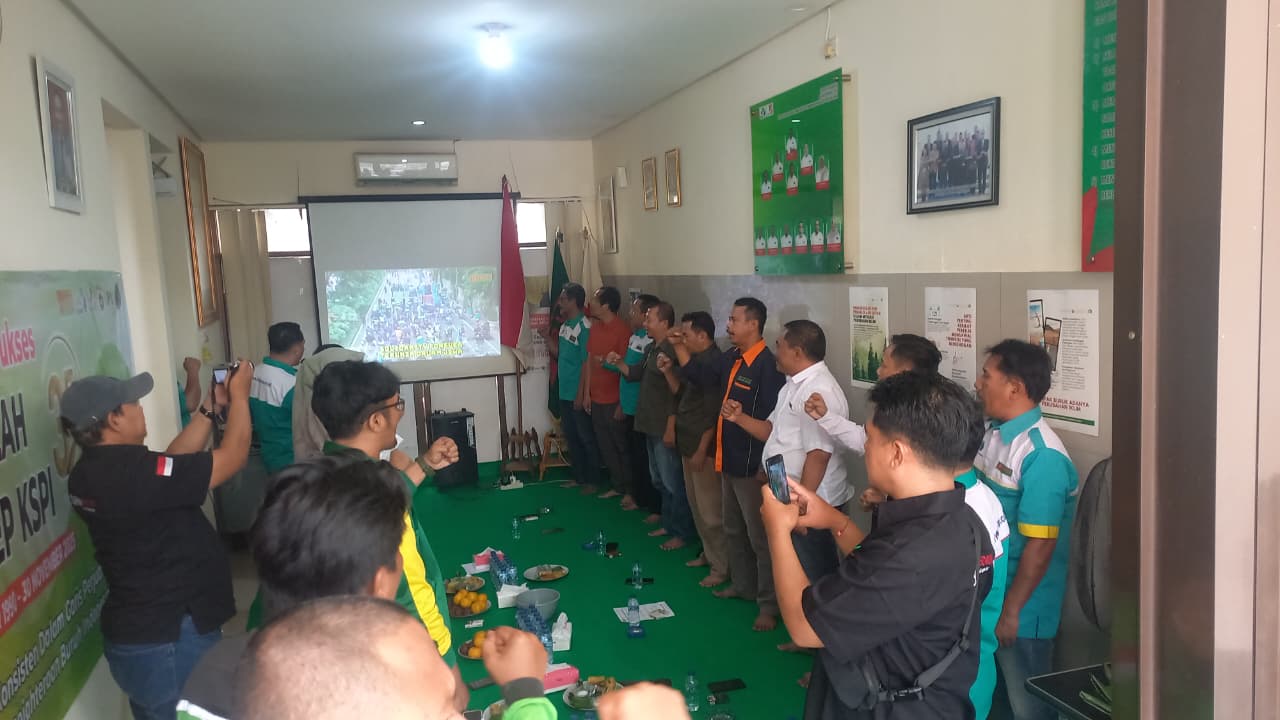
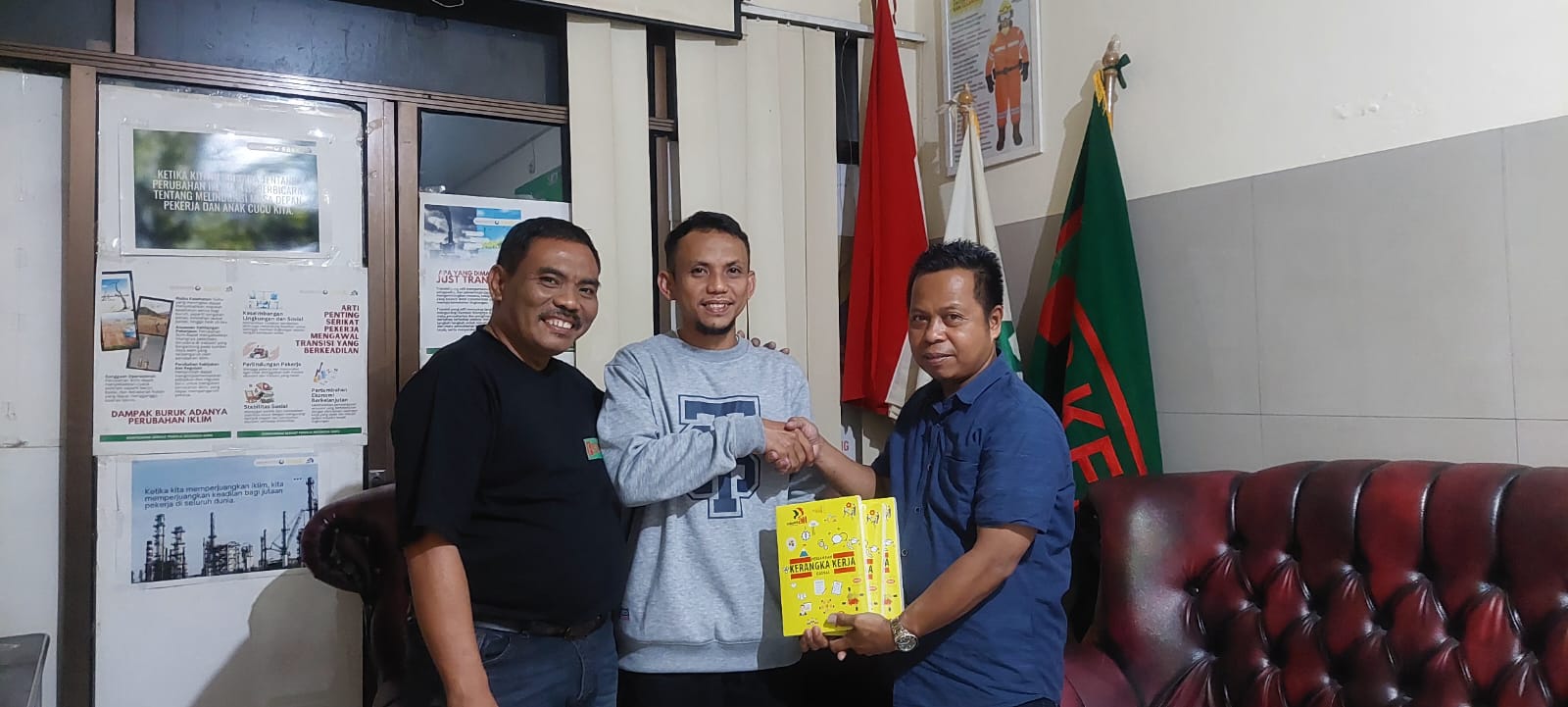
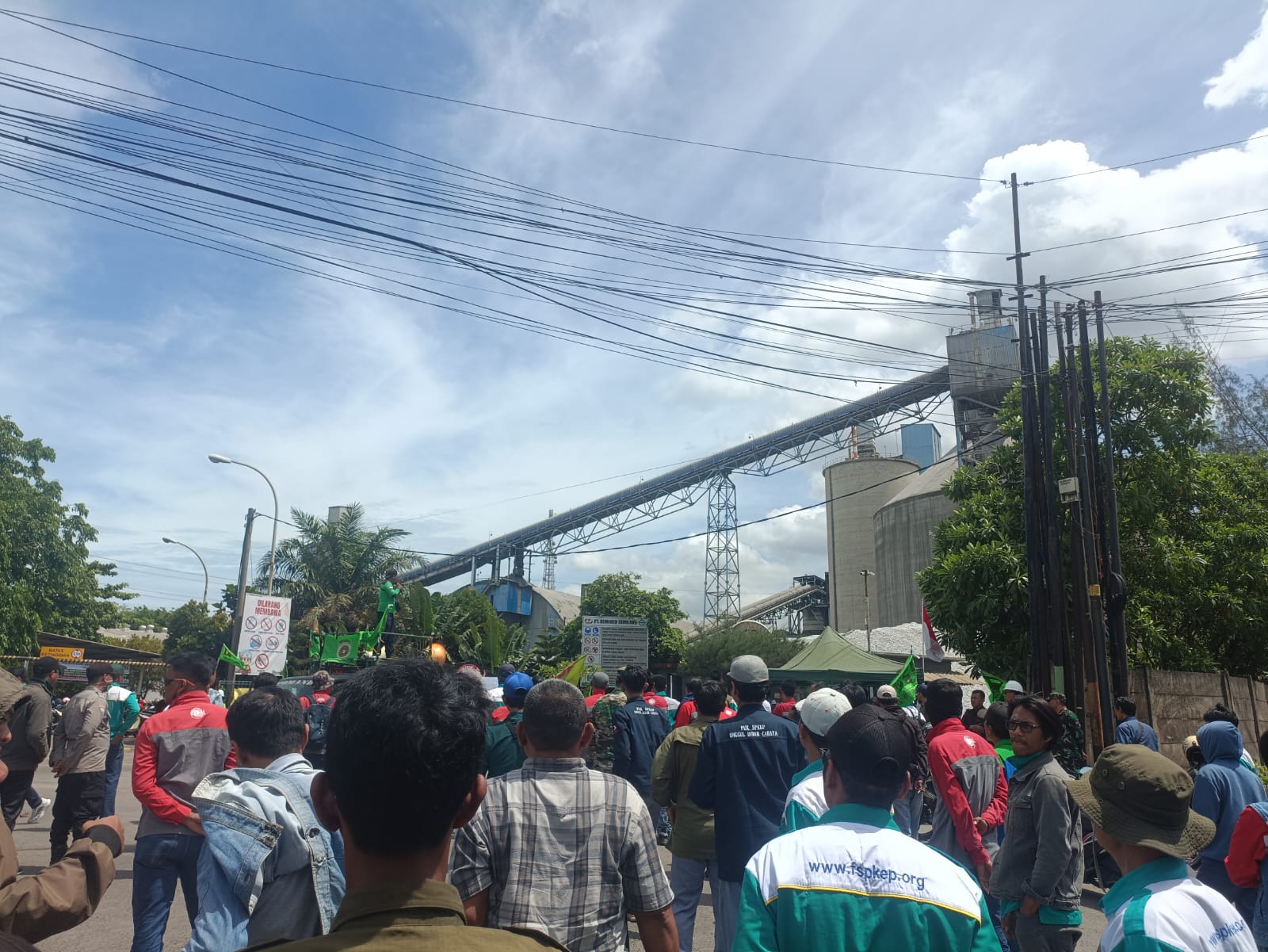


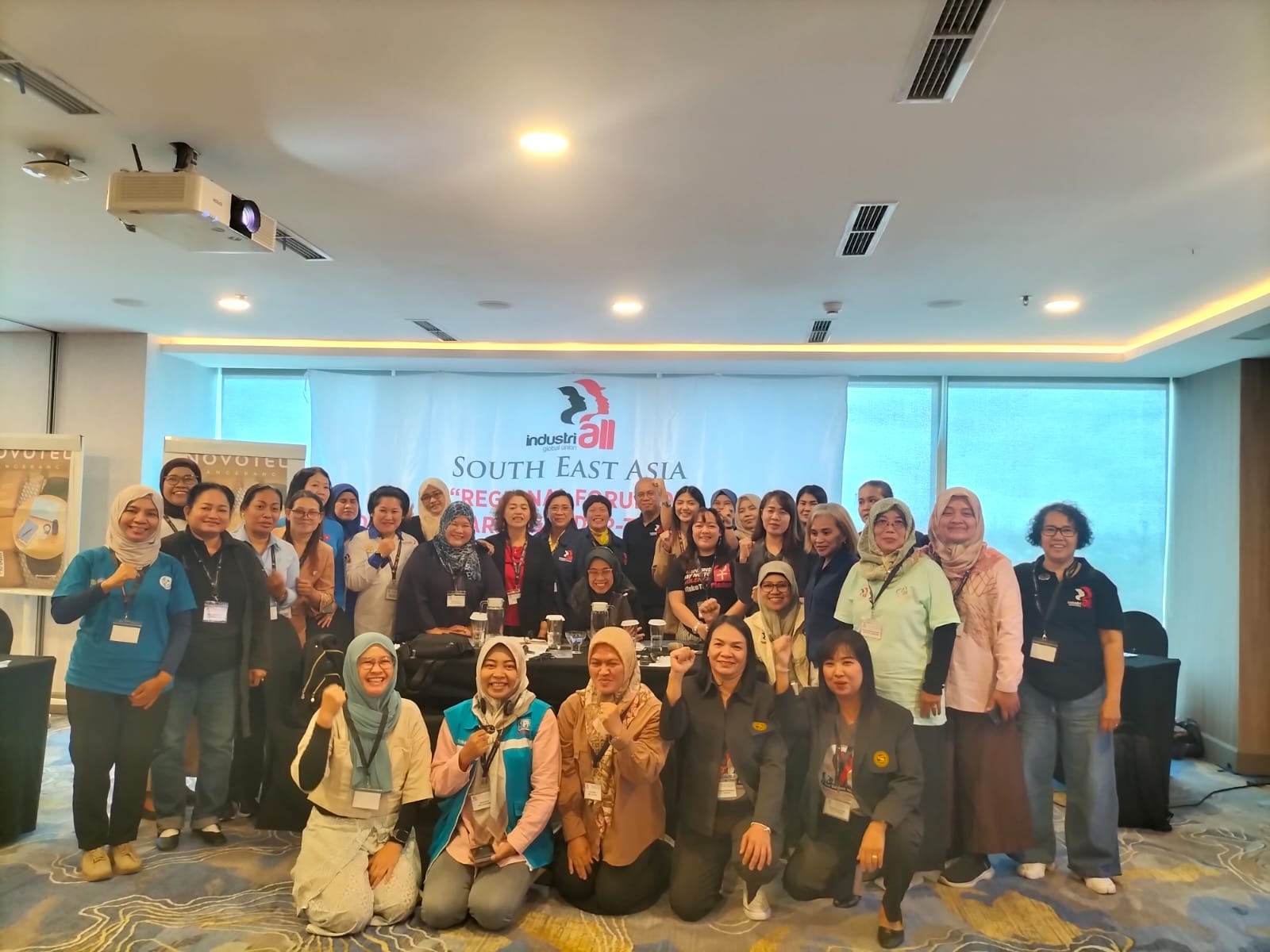
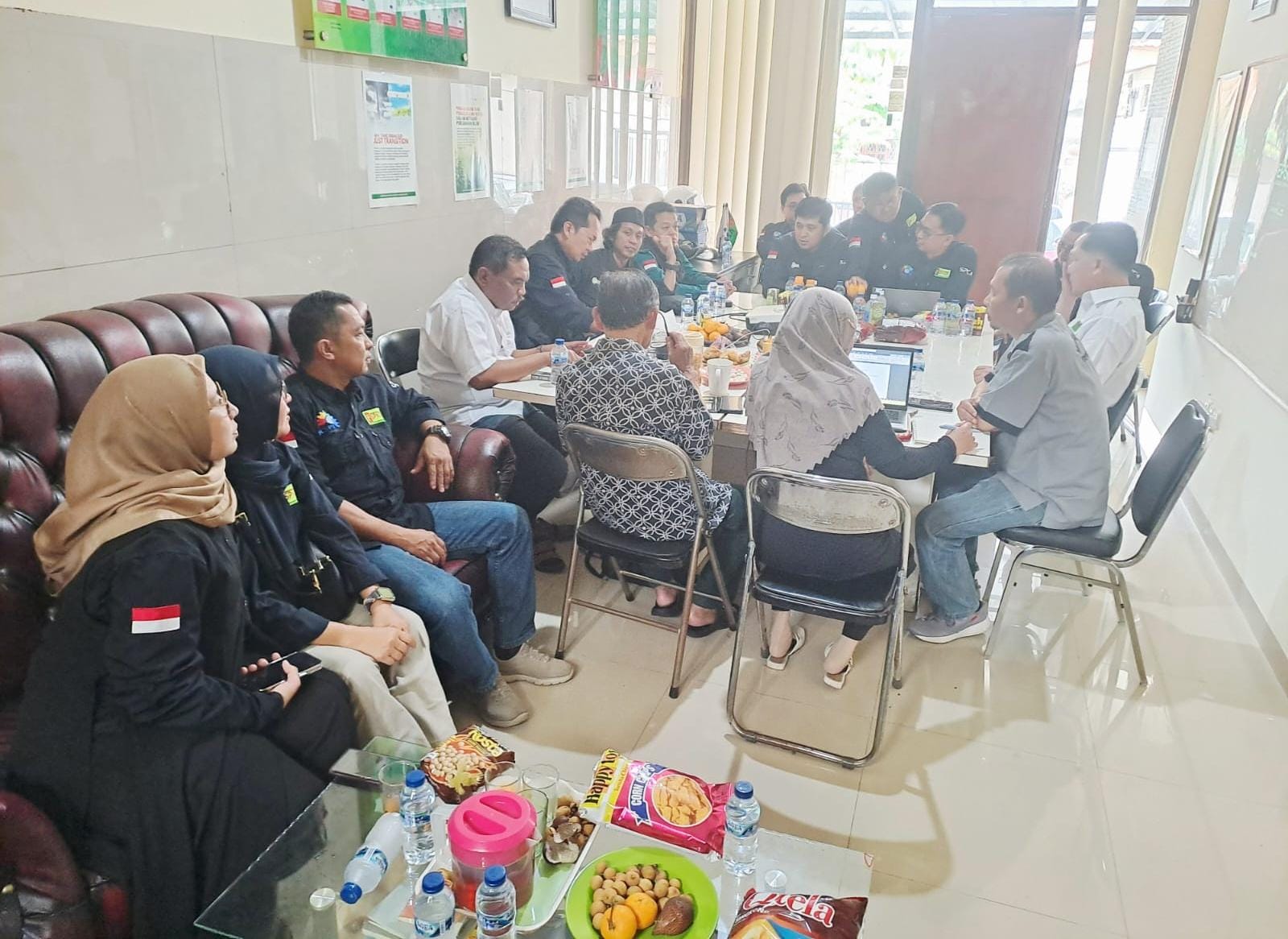
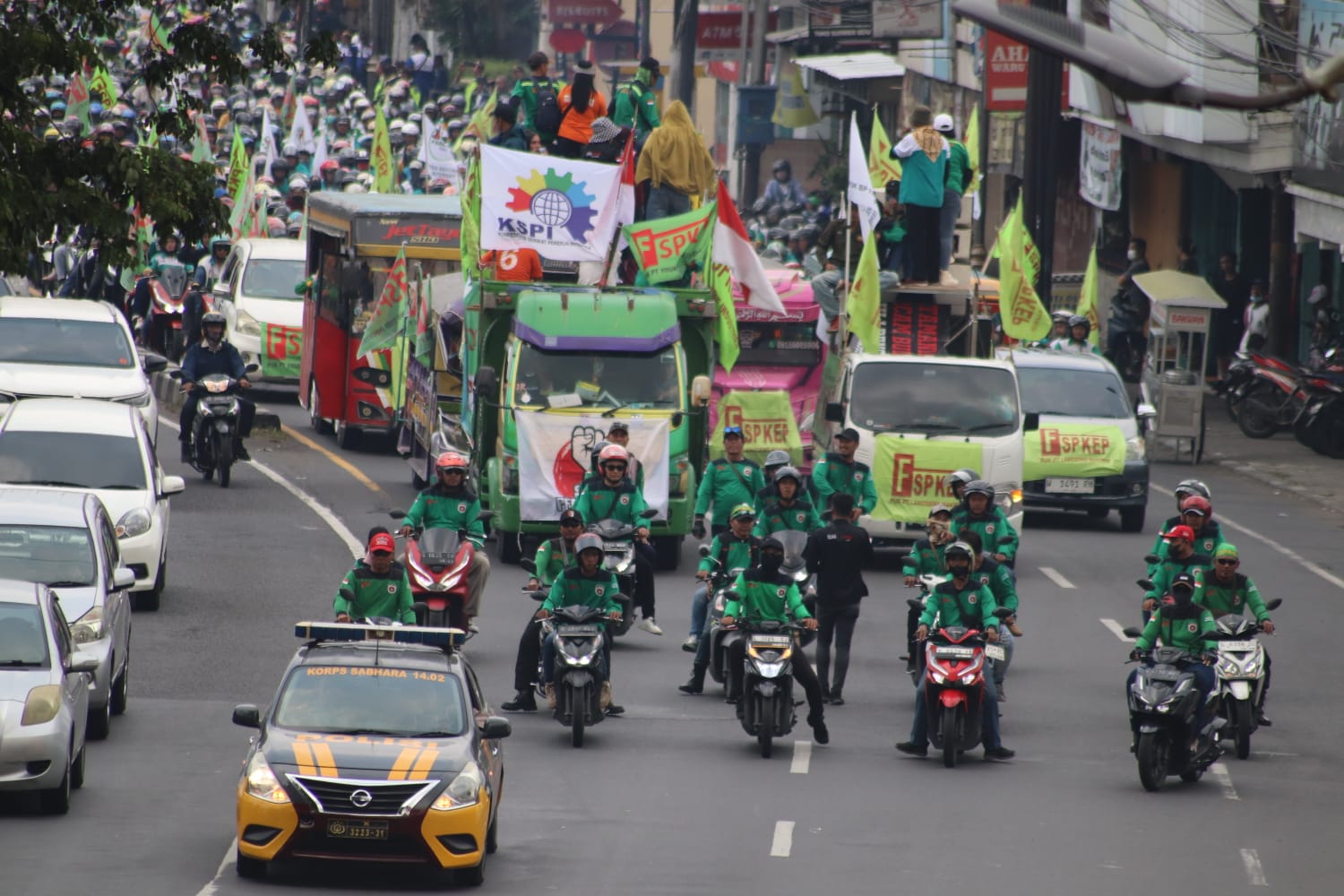
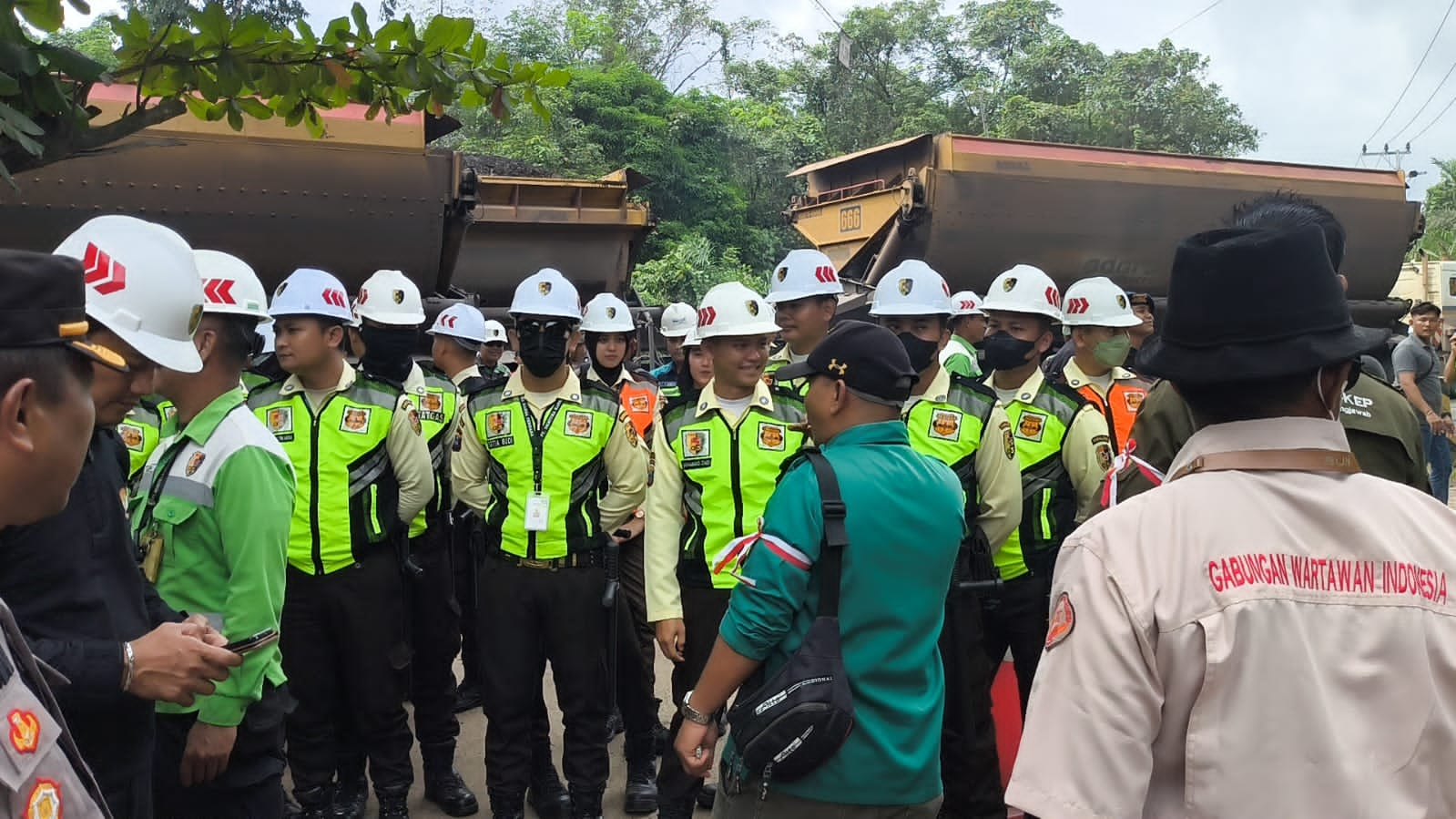

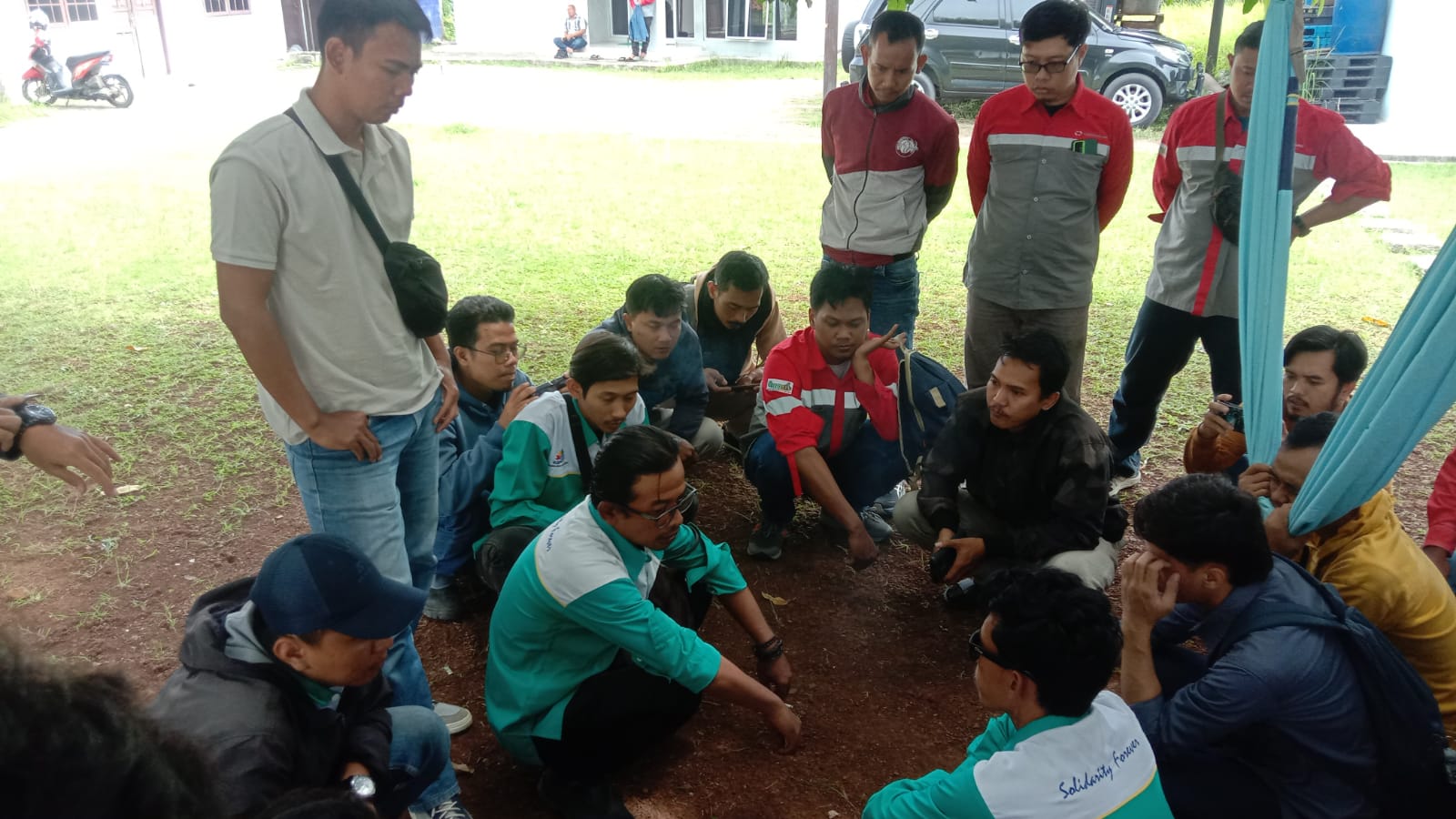
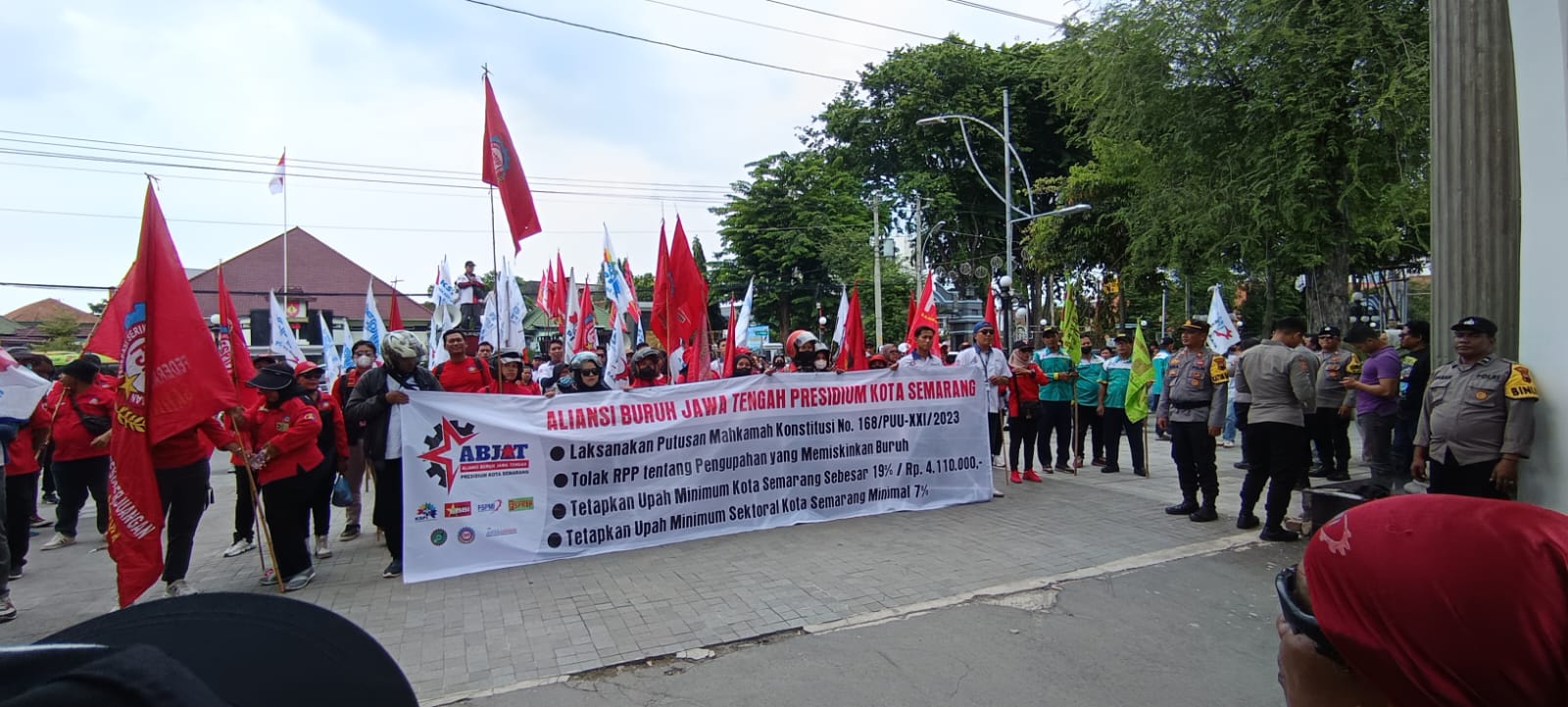


Leave a Reply